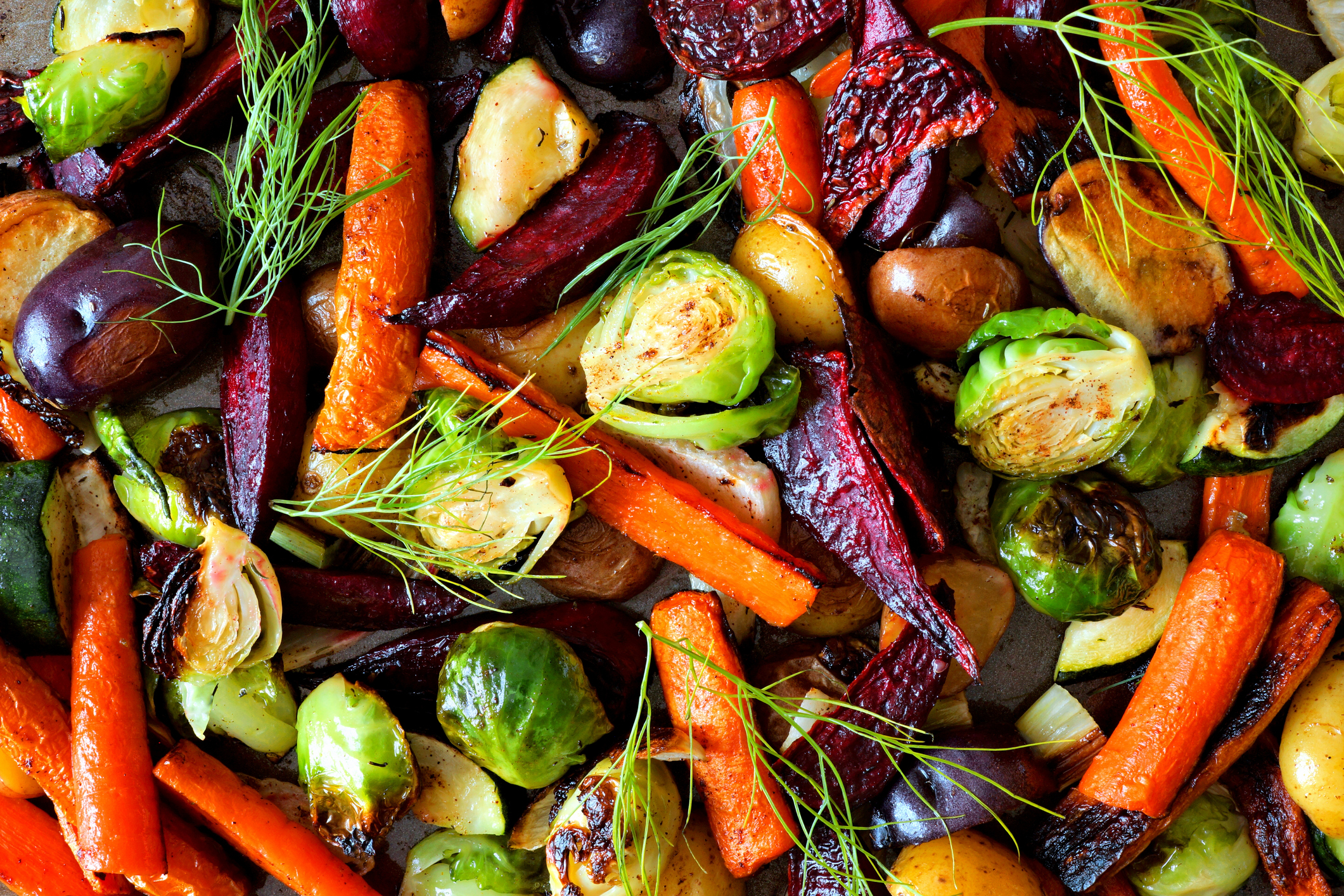
AROUND 34% of Scots meat eaters are making an effort to reduce their meat consumption in 2019, according to a new study.
The research, which reveals that the number of people across the country going vegetarian or vegan continues to grow, also found that cutting down on the volume of meat people eat saved Brits more than £2.8 billion last year.
In the UK, 26 per cent of adults have reduced their meat intake during the past 12 months, and in doing so, saved £209 each.
The biggest motivations include health concerns (45%), saving money (29%) and the environment (29%).
A number of chefs, celebrities and influencers going meat-free has also inspired others to do the same.
The study, carried out by Linda McCartney foods, forecasts that 33% of the population will be meat-free by 2050 if present trends continue.
In this year alone, 17 per cent of meat eaters intend to reduce their meat intake.
Charles Banks, Director of The Food People says: “Vegetarianism has been growing over the last few years at a previously unseen rate.
“The accessibility of vegetarian and vegan food that has had the biggest impact, as it moves towards a more inclusive, mainstream lifestyle choice.
“Food without meat is longer just a ‘plain salad’ – it’s now fun, interested and fully loaded with the latest trends and flavours.”
The research found that the UK’s meat-eaters currently eat meat five days a week on average, with more than a fifth having it every day.
During a typical year, they’ll spend around £752 a year on meat.
Of those who have eaten less meat over the past year, a third believe the change to their diet has had a positive effect on their health.
Further to this, a quarter simply don’t like meat as much as they used to – perhaps partly due to the availability of better vegetarian alternatives.

Enjoy the convenience of having The Sunday Post delivered as a digital ePaper straight to your smartphone, tablet or computer.
Subscribe for only £5.49 a month and enjoy all the benefits of the printed paper as a digital replica.
Subscribe